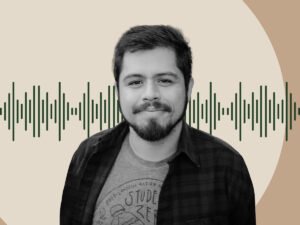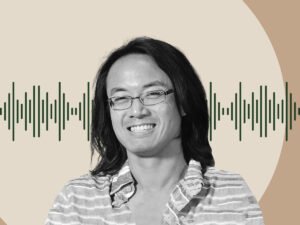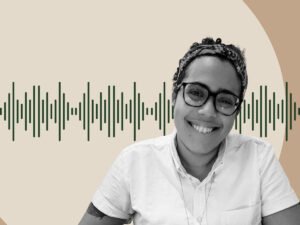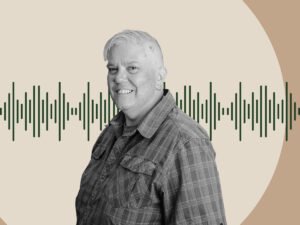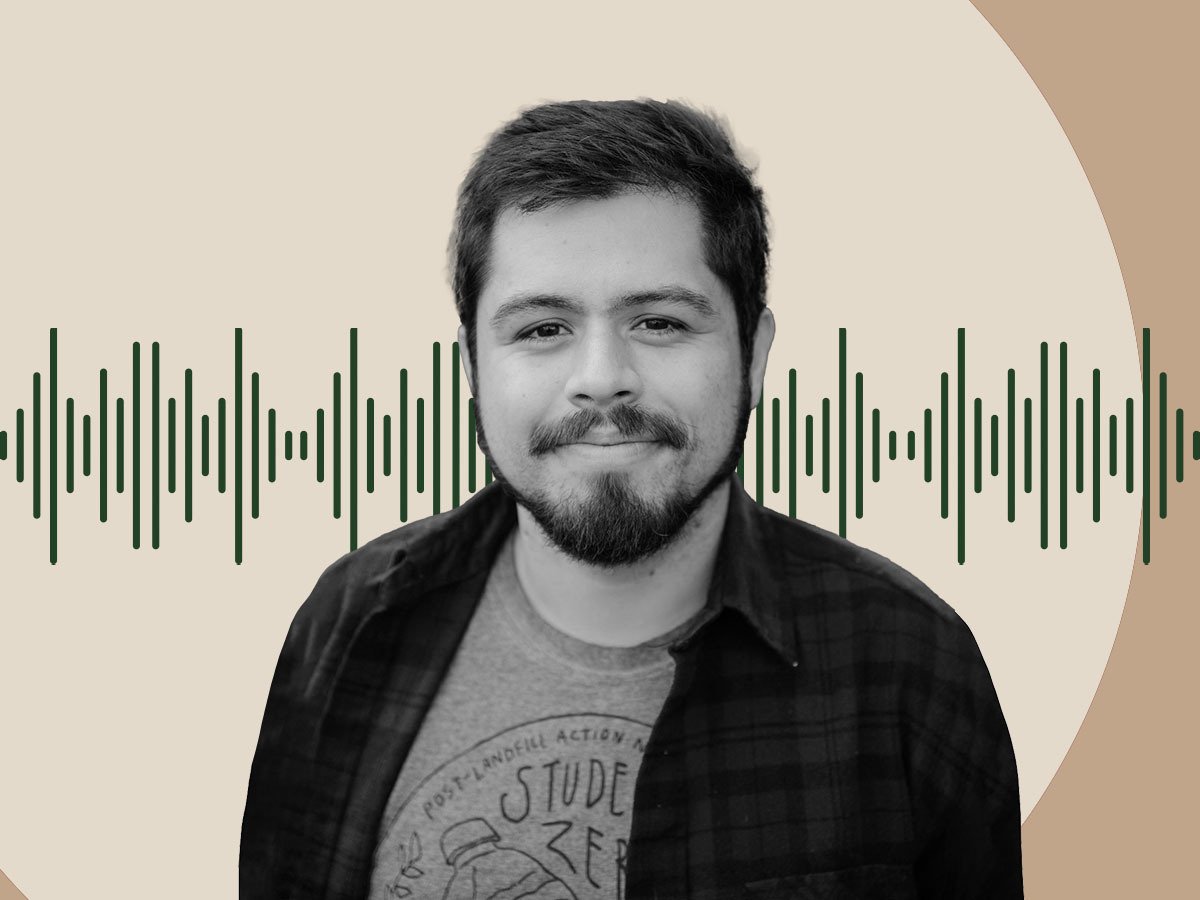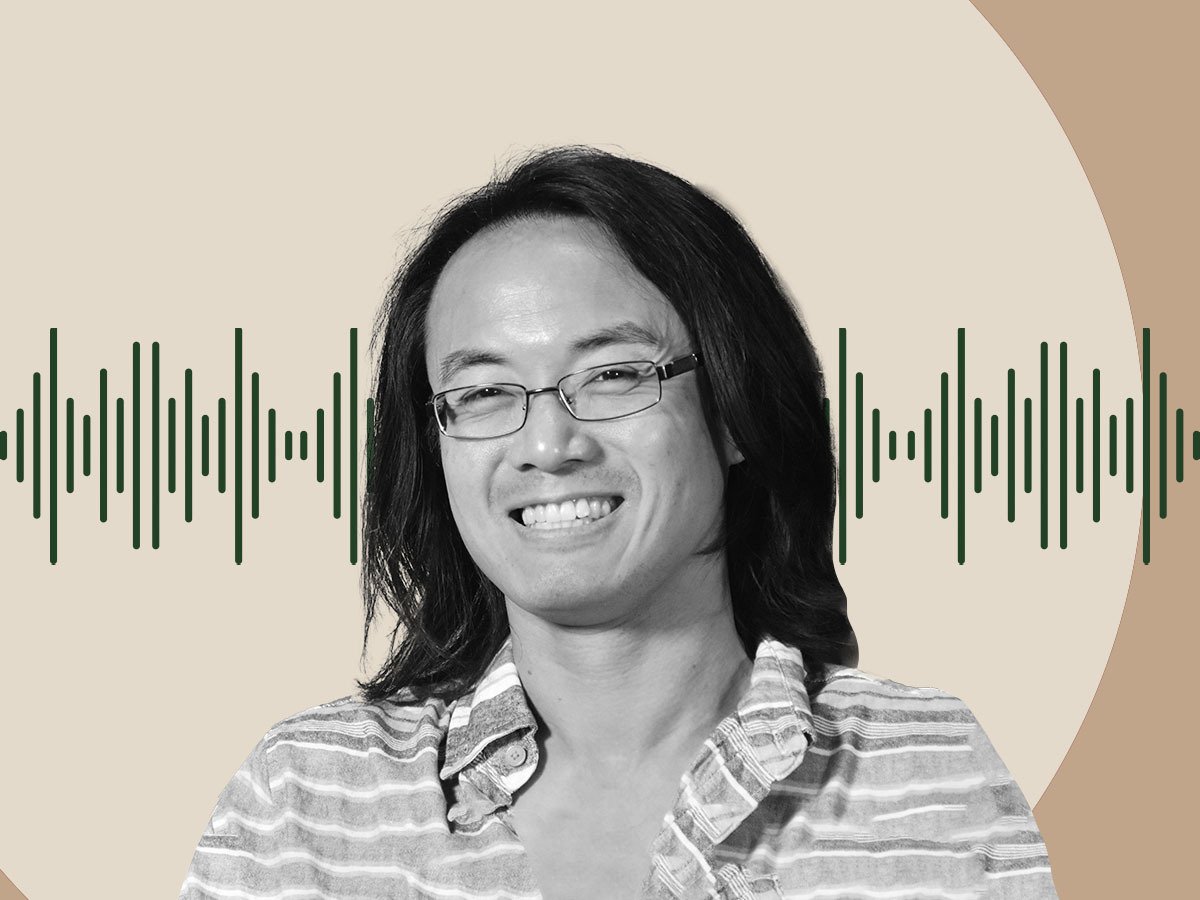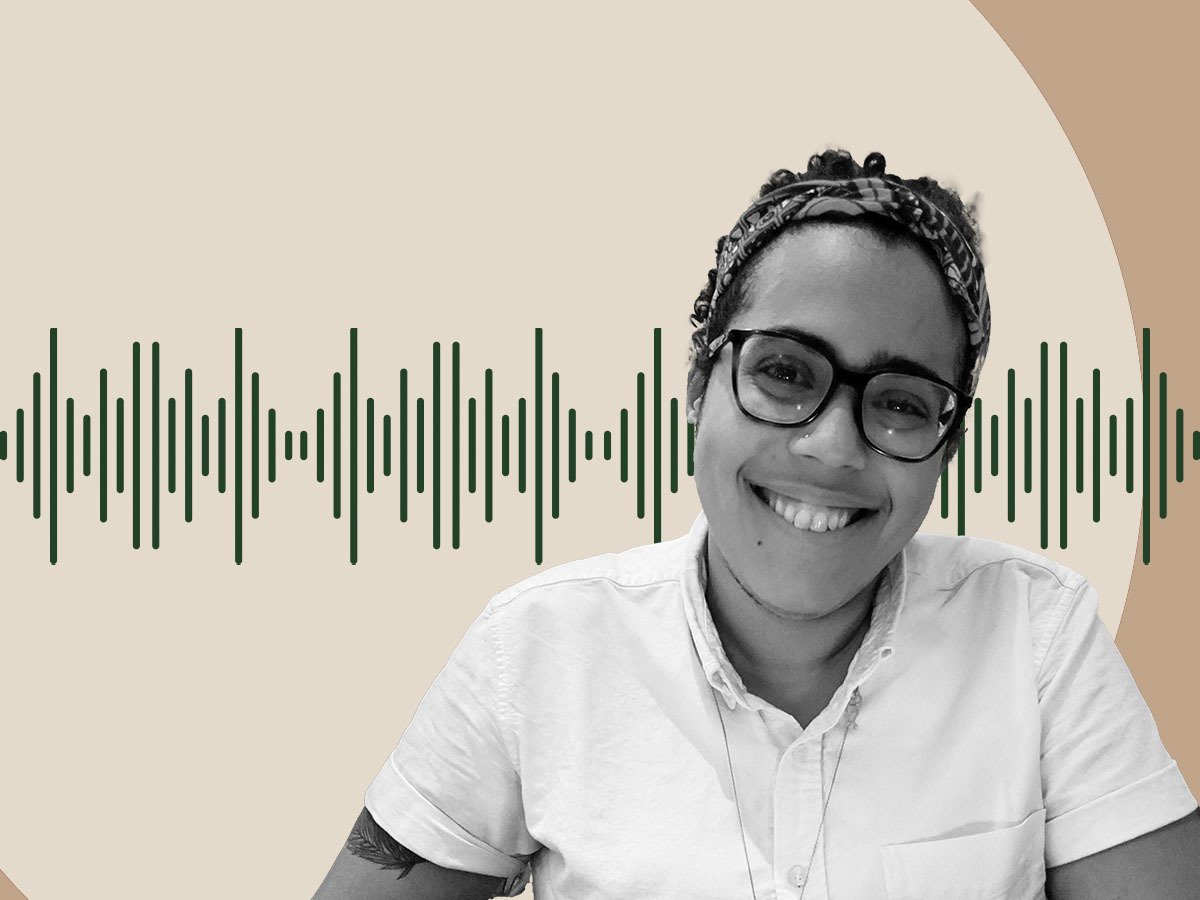
February 18, 2019; Chronicle of Higher Education
In a changing environment, organizations need to reassess the relevance of their core assumptions and how much they can change in response. For some nonprofit colleges and universities, an aging population and significant changes in the nature of work have moved them to challenge longstanding beliefs about the nature of higher education and create a new model.
Scott D. Pulsipher, president of Western Governors University, describes this in the Chronicle of Higher Education as the essential question before all schools: “If institutions are not figuring out how to innovate on behalf of students to increase access and outcomes…then they’re going to be challenged to maintain relevance going forward, regardless of the scale.”
A small number of schools have been able to realign themselves with remarkable success. They have quickly grown to rank among the nation’s largest institutions of higher education. Those institutions that have succeeded have been able “to create a successful business model that attracts students by offering them an education in a form, at a price, and with a clear outcome that appeals.”
Paul LeBlanc, president of a college in this new style, Southern New Hampshire University (SNHU), described to the Chronicle the impact of a new type of adult learner who needs to deal with a new work environment. Such learners mainly seek the sort of degree or diploma that will move them up the professional ladder; according to LeBlanc, “That doesn’t resonate with a lot of my colleagues in higher ed who have a more idealistic view of what education should do.”
For Susan Grajek, vice president for communities and research at Educause, a nonprofit organization that advocates for technology in higher education, this change has made it necessary for schools to think about a “value proposition…all around the most inexpensive education and certification that will get [someone] a job.”
Sign up for our free newsletters
Subscribe to NPQ's newsletters to have our top stories delivered directly to your inbox.
By signing up, you agree to our privacy policy and terms of use, and to receive messages from NPQ and our partners.
According to LeBlanc, schools like his, which have been able to rethink their models and reshape their target populations, have been able to thrive. Southern New Hampshire University changed its focus from attracting recent high school graduates to their New England Campus to marketing a set of programs designed to speak to the interests of an older cohort of potential students. They were willing to invest heavily in the new direction, which includes aggressively marketing “specialized online operations tailored to adult learners, mostly separate from their other academic programs,” spending millions along the way.
SNHU has built systems that keep their online students on track and progressing toward degrees. LeBlanc says, “Some of our early advisers would say, ‘We can’t do that. People don’t want to be called at home.’ Well, they don’t want to be called at home for a cold solicitation for a magazine subscription, but if they’re working hard in their classes, maybe they would welcome that call. So, we had to shift the culture.”
They have also streamlined their application process so acceptance decisions can be made very quickly.
Others at more established institutions are more hesitant to make changes like these. “If you want to maintain an elite status as an institution, online education is a delicate dance,” says John Wells, senior vice provost for online education at the University of Massachusetts at Amherst. As Lee Gardner writes for the Chronicle of Higher Education:
Some academics at mainstream universities see mega-university online programs not only as poor substitutes for seat time, but also as a force undermining the qualities that have made American higher education the model for the world. If such programs were to become the template for large universities, or adult education, the loss would be devastating, says Johann N. Neem, a professor of history at Western Washington University who has written critically about competency-based programs.
Is drastic change a way to continue to honor and fulfill one’s mission in a changing world? Or does shaking things up to this degree undermine the very purpose for an organization’s existence? Are there other ways to adapt that are more consistent and comfortable?—Martin Levine


